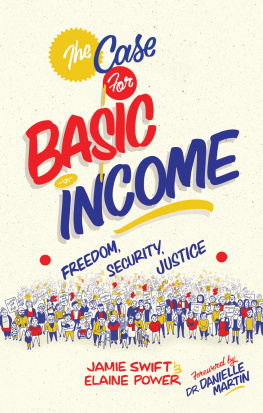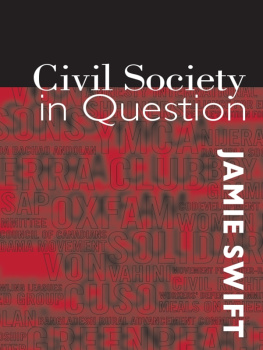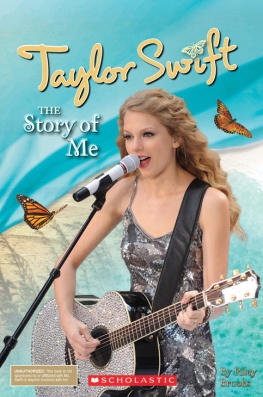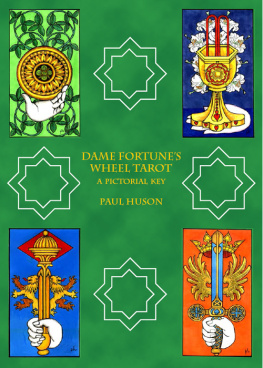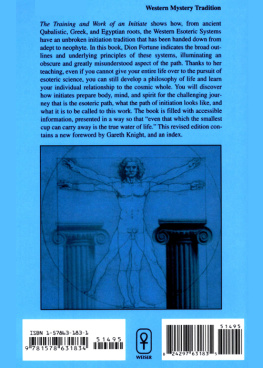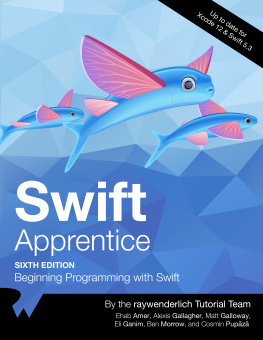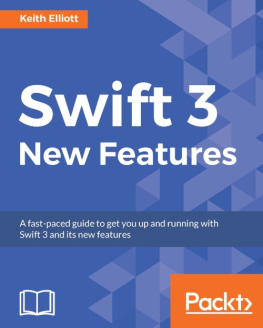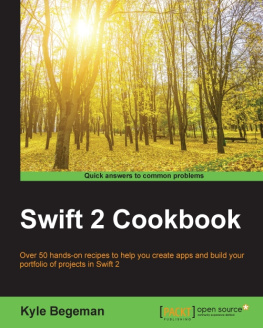WHEEL OF FORTUNE
I was down among the realities of modern life. And what are the realities of modern life? Well, the chief one is an everlasting, frantic struggle to sell things. With most people it takes the form of selling themselvesthat is to say, getting a job and keeping it
George Orwell, Coming up for Air
1939
WHEEL of FORTUNE
Work and Life in the Age of Falling Expectations
Jamie Swift
Between the Lines
Jamie Swift, 1995
Published by:
Between The Lines
401 Richmond Street West, Studio 277
Toronto Ontario M5V 3A8
Canada
Design: Gordon Robertson
Cover illustration: David Laurence
Printed in Canada
All rights reserved. No part of this publication may be reproduced, stored in a retrieval system, or transmitted in any form by any means, electronic, mechanical, photocopying, recording, or otherwise, except as may be expressly permitted in writing by the publisher, or CANCOPY, (photocopying only), 6 Adelaide Street East, Suite 900, Toronto, Ontario, M5C IH6.
Between The Lines gratefully acknowledges financial assistance from the Canada Council, the Canadian Heritage Ministry, the Ontario Arts Council, and the Ontario Ministry of Culture, Tourism, and Recreation.
Canadian Cataloguing in Publication Data
Swift, Jamie, 1951-
Wheel of fortune : work and life in the age of falling expectations
ISBN 9781926662602 (EPUB)
1. Work. 2. Labor market Ontario Windsor. 3. Labor market Ontario Kingston. I. Title
HD8106.5.05S8 1995 331.1'0971 C95-930761-3
CONTENTS
1 Introduction:
The Age of Falling Expectations
2 Windsor:
You Could Quit at Ford's in the Morning
3 Kingston:
With Not Much in Between
8 Flexiworkers and the Future:
All That Is Solid Melts into Air
I FIRST THOUGHT of writing this book after reading a report called Good Jobs, Bad Jobs: Employment in the Service Economy, published by the Economic Council of Canada just before the recession that began in 1990. I became interested in exploring the sometimes dramatic, sometimes subtle changes that are occurring in the world of work and the labour market, and in looking at the impact of those changes on people's everyday lives.
In a way this book is about the future as much as the present. It also contains a good deal of history. I will admit to being sceptical about the claims of writers who say a new economy will be restructured when workers seize the means of production by purchasing home computers. I am no futurist. I have no grand theories about Third Waves or New Industrial Revolutions or New Economies. But I do know that many Canadians are facing a precarious future as they struggle to adapt to changes just now coming into focus.
The recession of the early 1990s hit Ontario especially hard, and I wanted to find out what all the talk about jobs and joblessness, training and non-training, new economy and old meant for working-class people, families in which parents and often grandparents had held the old, apparently secure jobs. What is their present? What do they feel about their futures? What do these changes mean for their institutional expression, the trade union movement, a movement that is on the defensive?
After coming across countless references to the new job requirements of the new economy of the 1990s I began to poke through the archives in search of clues to help make sense of the puzzle that is job training. I looked through a small fraction of the academic literature on the labour market, training, skill, and social class in an attempt to understand how these elements fit together.
I also talked with people in two Ontario cities about their past work, their present jobs, and what they feel about the future. I went to Windsor because it is a manufacturing town dependent on the car industry. I also talked with people at the eastern end of Lake Ontario, where I live. If Windsor is an old-fashioned lunch-bucket town, Kingston's service economy seems to represent a step into the future. I've been guided in large part by what the people in these two cities told me.
Based as it is, at least in part, on conversations with people in two southern Ontario cities, this book has a particular focus of place. I gathered other sources of research information from the Ontario Public Archives, so some of what follows is particular to policies as they emerged in that province as well as in Ottawa. Although I may be accused of Eastern Ontario arrogance by readers from the West, or of Central Canadian presumption by readers from Atlantic Canada, I am convinced that the conditions and changes in social relations the book describes are appearing most everywhere else in urban Canada. I hope that readers in the rest of Canada will forgive any implied overgeneralizations.
This sort of effort cannot be undertaken without help. I'd like to thank librarians and archivists at the May Ball, Douglas, and Stauffer Libraries at Queen's University; people at the Archives of Ontario, the Windsor Public Library, and the Kingston Public Library. Rick Coronado, Jim Brophy, and Ron Dickson made Windsor easier to understand. Roberta Hamilton gave me the idea of looking around closer to home, and read the manuscript; so did Jerry Bickenbach, Catherine Macleod, Harvey Schachter, Ian McKay, Don Wellsand John Holmes. David Peeria offered consistently helpful comment and further bibliographical tidbits. I am grateful to the Canada Council which helped to support the research and writing of this book. Between The Lines, and especially BTL'S Marg Anne Morrison and Pat Desjardins, made it all possible. Susan and Sonya were patient enough to tolerate dark and early mornings and (sometimes) dark moods, providing cheerful diversion. As always errors and shortcomings can be blamed on meand of course my editor, Robert Clarke. It is his book as much as it is mine.
1
INTRODUCTION
The Age of
Falling Expectations
That feeling that you've got to be everlastingly fighting and hustling, that you'll never get anything unless you grab it from somebody else, that there's always somebody after your job, that next month or the month after they'll be reducing staff and it's you that'll get the bird.
George Orwell, Coming up for Air, 1939
E NGLISH WRITER George Orwell is best known for his novels Animal Farm and, especially, 1984the book that would turn its author's name into an adjective. The word Orwellian conjures up the bleak vision of the future as totalitarian nightmare. If you want a picture of the future, Orwell wrote in 1984, imagine a boot stamping on a human facefor ever.
Orwell was a crusader not just against totalitarianism but for what he always called decency. He was warning against indecent tendencies that exist in all mass societies. But today one of Orwell's less celebrated novels seems just as pertinentand perhaps even more sothan his better known books. Coming up for Air, published in 1939, was Orwell's first successful novel. He wrote it in the first person, describing the world through the eyes of a charter member of the middle class, a pudgy salesman named George Bowling who felt the need to ditch his stale job and drab life for a few days and go search out his old home town and recover his youth.




